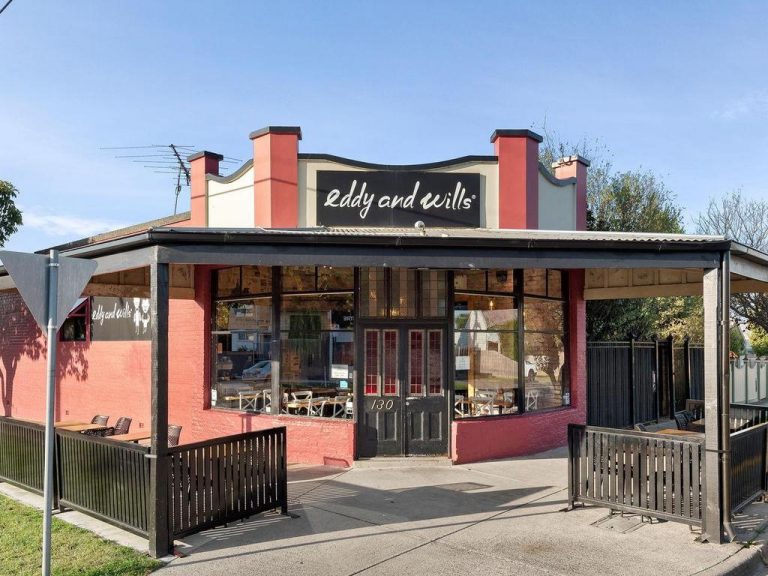Overseas buyers flocking to Australian commercial property in 2022

More overseas investors are looking to buy Australian commercial real estate, with close to $4 billion already spent this year.
After falling in 2020 as the pandemic unfolded, demand from overseas has been steadily ramping up. Last year set a record for the number of offshore searches to buy property on realcommercial.com.au, and this year is on track to be even higher.
While the first few months of the year are typically the quietest, data from Real Capital Analytics reveals a new first quarter record for the number of commercial sales to offshore buyers.
So, what’s driving the increase in offshore demand? There could be a few factors at play.
Why overseas investors want to buy commercial property in Australia
According to JLL’s Global Real Estate Transparency Index, Australia ranks third globally and takes out the top spot in the Asia Pacific [APAC] region.
As global investors look to diversify their portfolios, particularly in an environment of growing geopolitical risk, Australia’s location and high level of transparency are attractive.
Australia also ranks highly in terms of ease of doing business, placing 14th globally according to the World Bank.
These factors, combined with the current strength of our economy, are contributing to the rising interest Australian commercial property is receiving.
Offshore buyers are more active at the high end, with most sales occurring at the $10-million-plus level. In fact, over the first three months of 2022, one in every three commercial properties that sold for at least $10-million was purchased by an offshore investor.
Australia is attracting more interest from the APAC region, which remained the top source of overseas searches and accounted for nearly 60% of the total during the first quarter.
Despite the growing demand from the APAC region, it was the United States that accounted for the highest number of searches to buy commercial property in Australia.
The United States has similarly dominated sales activity, well ahead of the next largest sources of capital – Hong Kong and Singapore.
Which asset classes do overseas buyers favour?
For the second year running, industrial properties have been the most in demand with offshore investors, overtaking offices which previously held the top spot.

Industrial assets are particularly attractive to overseas buyers. Picture: Getty
Just over one-in-four overseas searches to buy commercial real estate was for industrial assets during the first quarter, a proportion that has been steadily rising over recent years.
In terms of location, prospective offshore buyers are primarily focused on the east coast, which has accounted for over 80% of all searches so far this year. Across these states, the spread of interest was relatively equal, with 29% of searches in Victoria, 28% in New South Wales, and 25% in Queensland.
Most property investors target areas they know and understand, and international investors are no different. These buyers continue to overwhelmingly focus on greater capital cities, while Australia’s regional areas remain predominantly the realm of domestic investors.
The increasing presence of offshore buyers has driven up competition for property within Australia’s capital cities. Adding to this, many of the larger offshore players are willing to buy at lower yields – that is, pay higher prices relative to rents – compared to domestic investors.
It is perhaps for this reason that local investors are increasingly gravitating towards more ‘out of the box’ investments in alternative sectors and locations. Domestic investors are also better placed to identify and succeed with these more niche opportunities, benefitting from local market knowledge.







